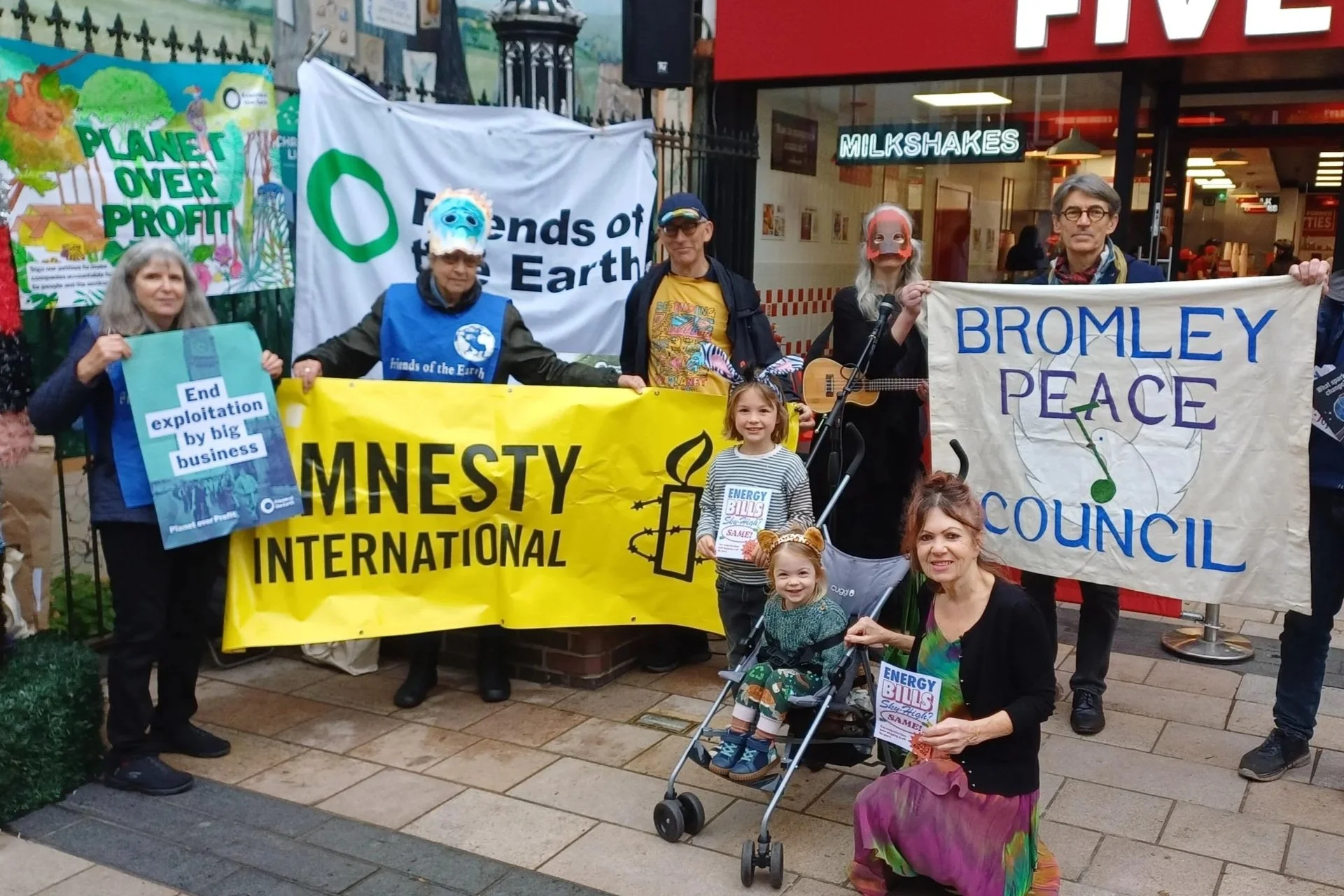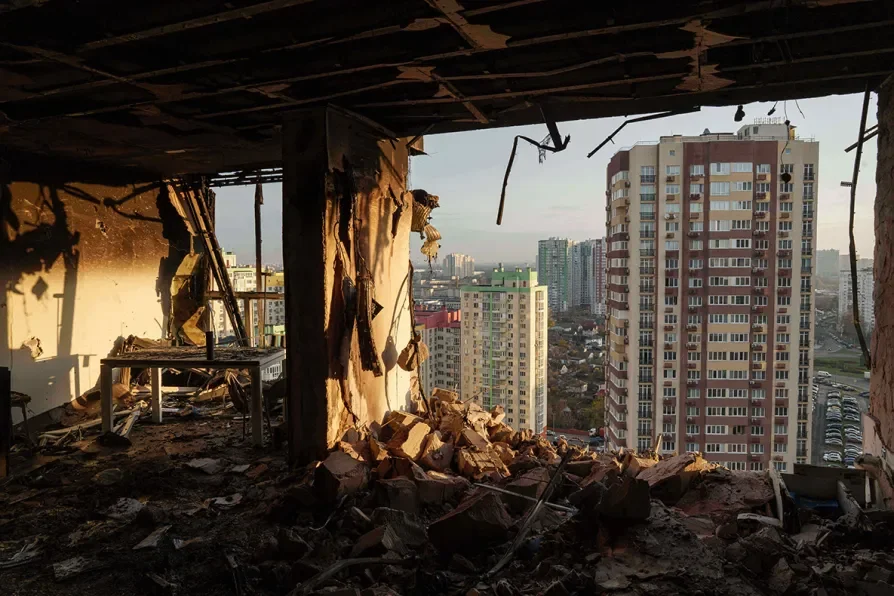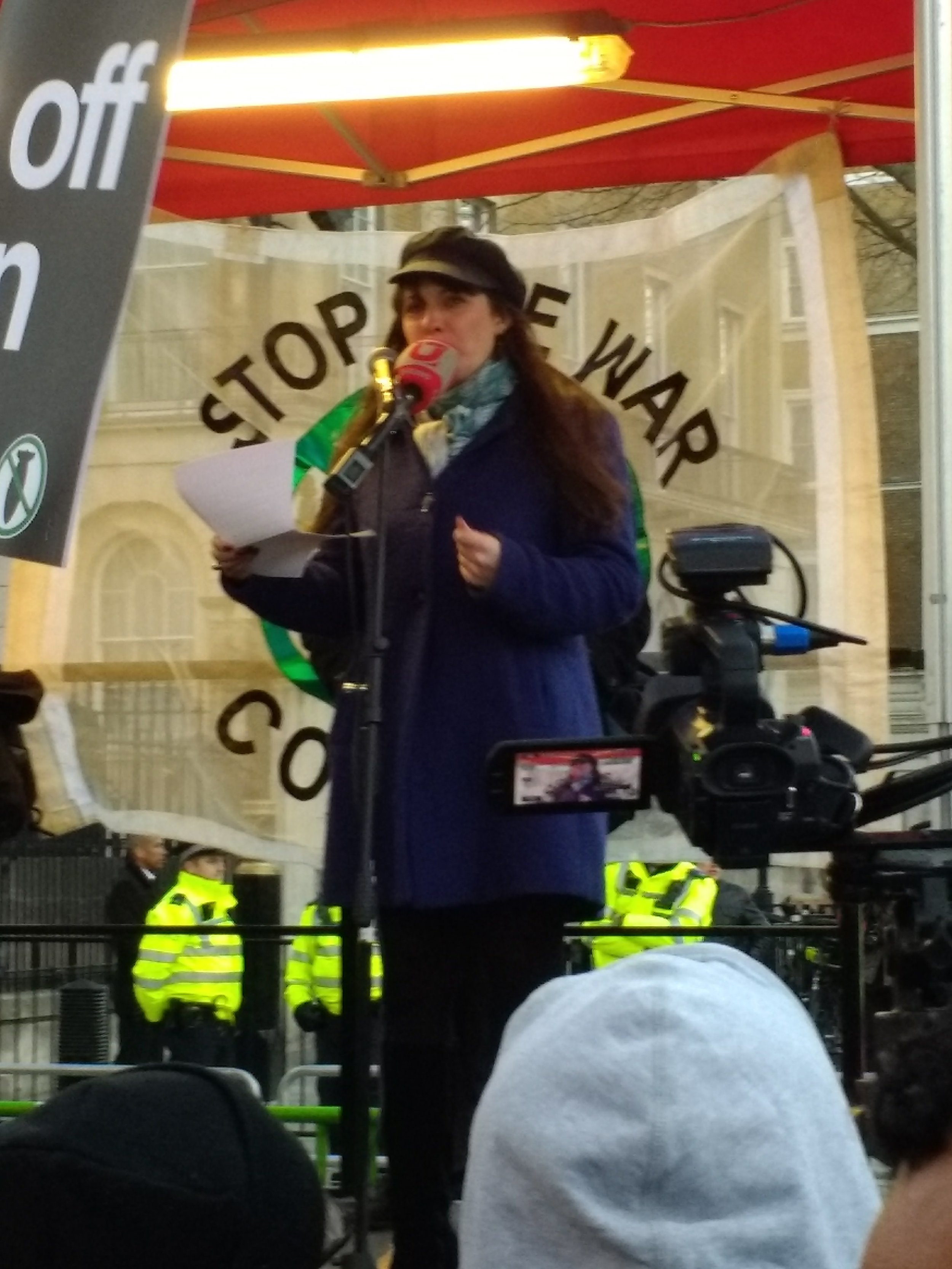Walter Wolfgang receiving his award at the Marx Memorial Library
London CND executive committee member Walter Wolfgang was awarded the 2018 Ron Todd Peace Prize at a ceremony on 10 March. A life-long campaigner for nuclear disarmament and an organiser of the first Aldermaston march, Walter would whole-heartedly approve of the Ron Todd Foundation’s motto: you don’t have power if you surrender your principles – you have office.
Ron Todd was a London lad who left school at 14. He joined the Transport and General Workers Union, the predecessor of today’s Unite union, when he worked at the Walthamstow Ford factory and became the union’s general secretary in 1985 until he retired in1992.
The TGWU was one of the earliest affiliate of CND, and continued to promote nuclear disarmament under his leadership. Ron became a Vice President of CND until his death in 2005.










